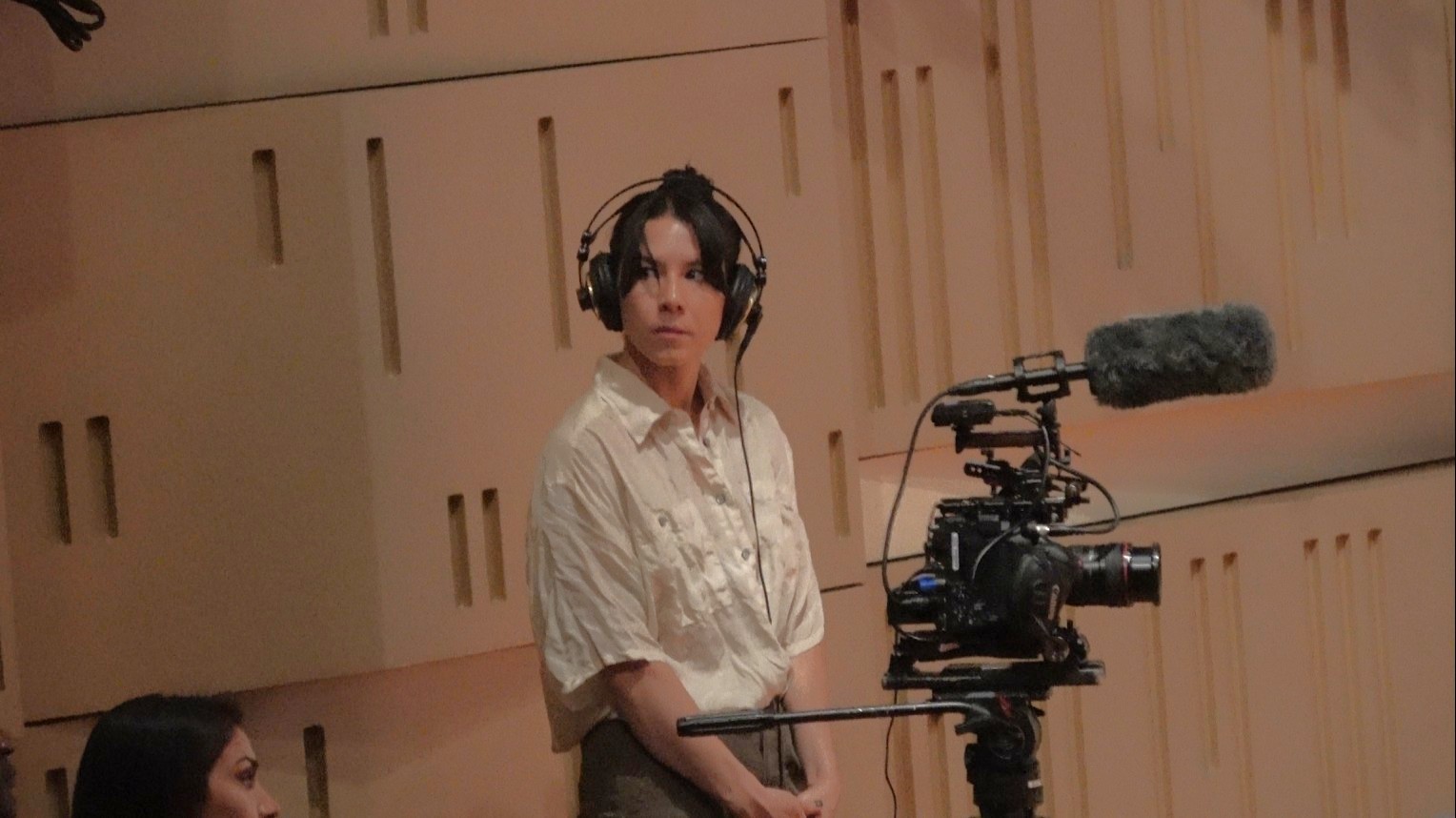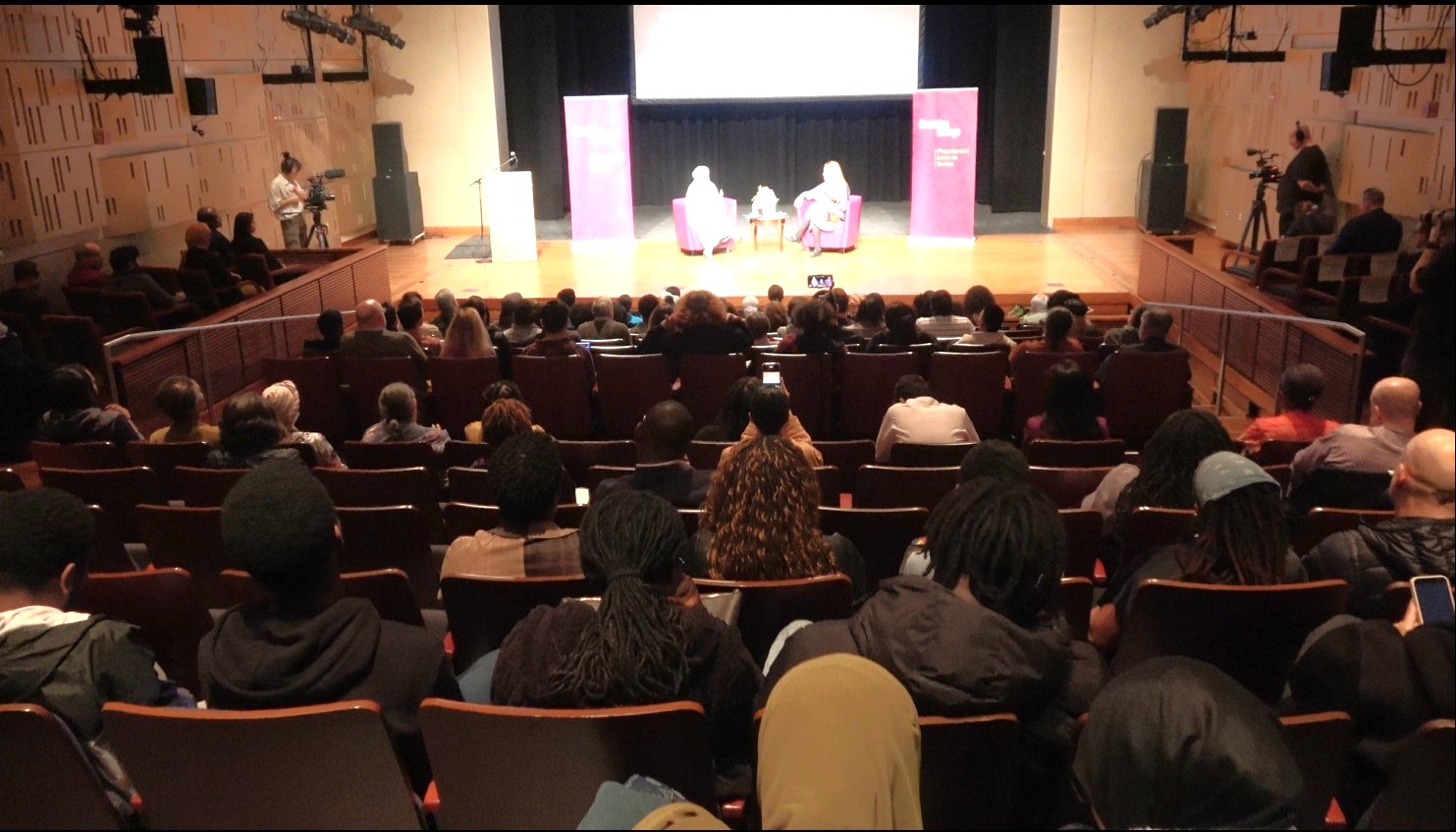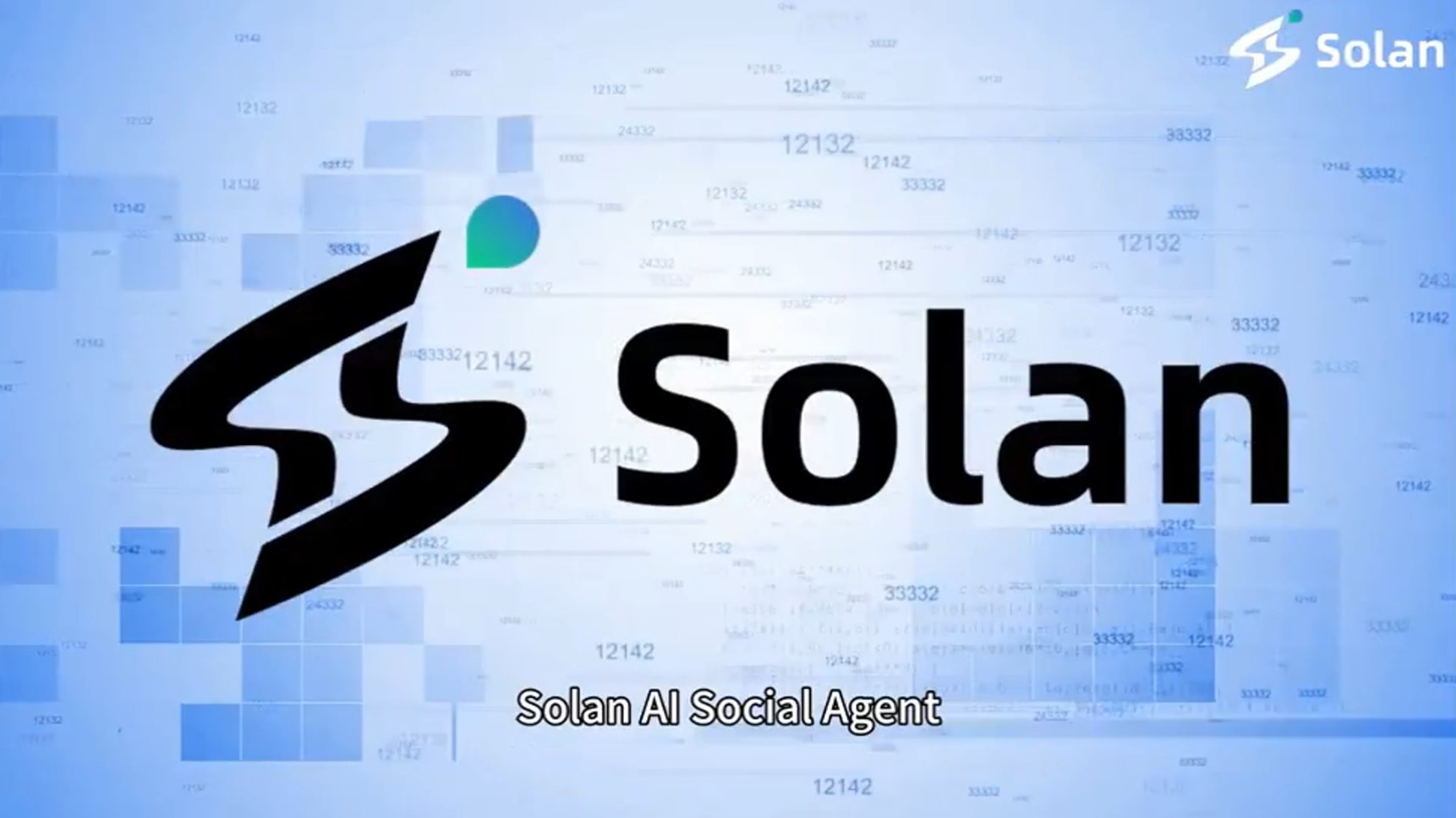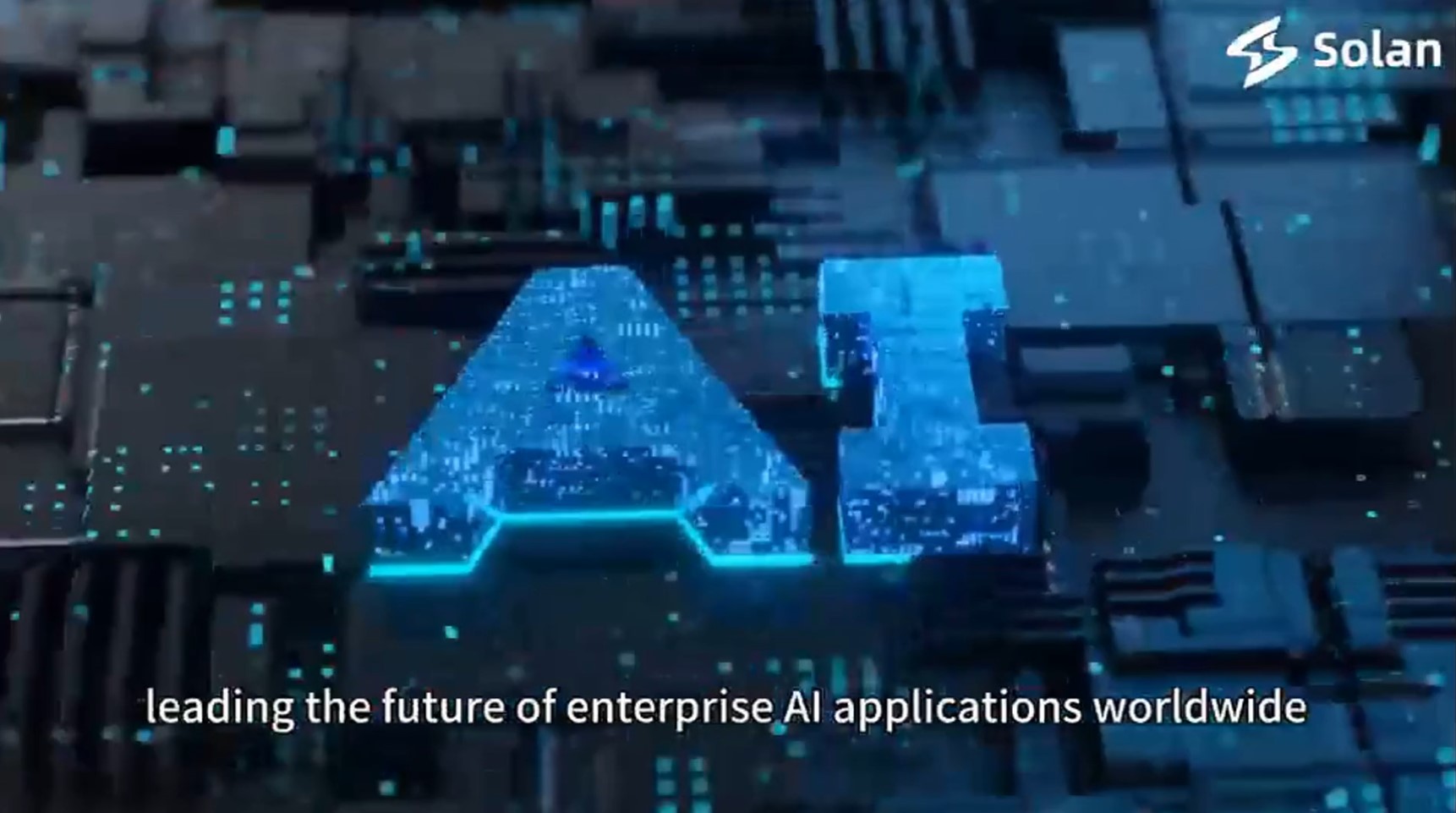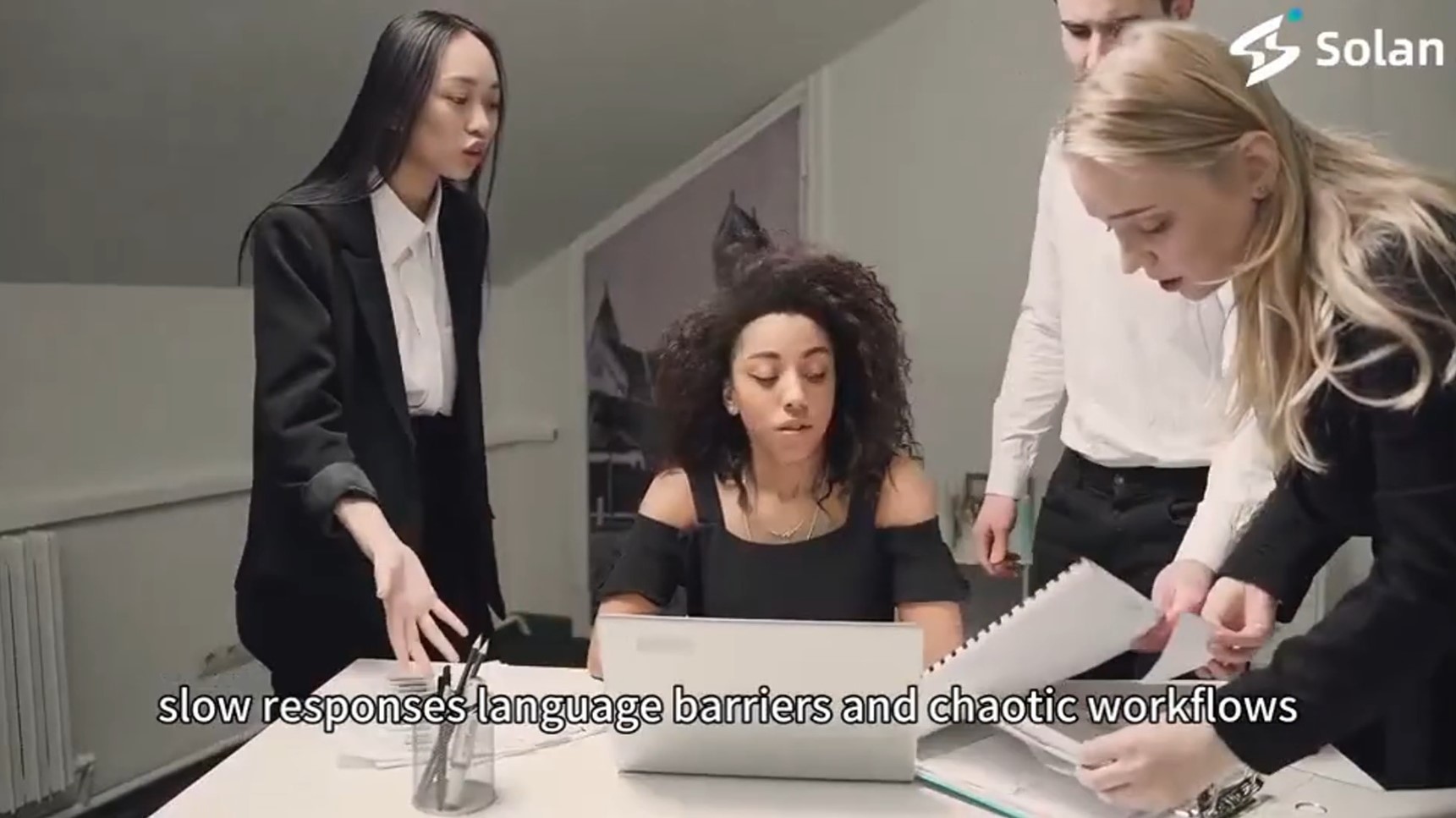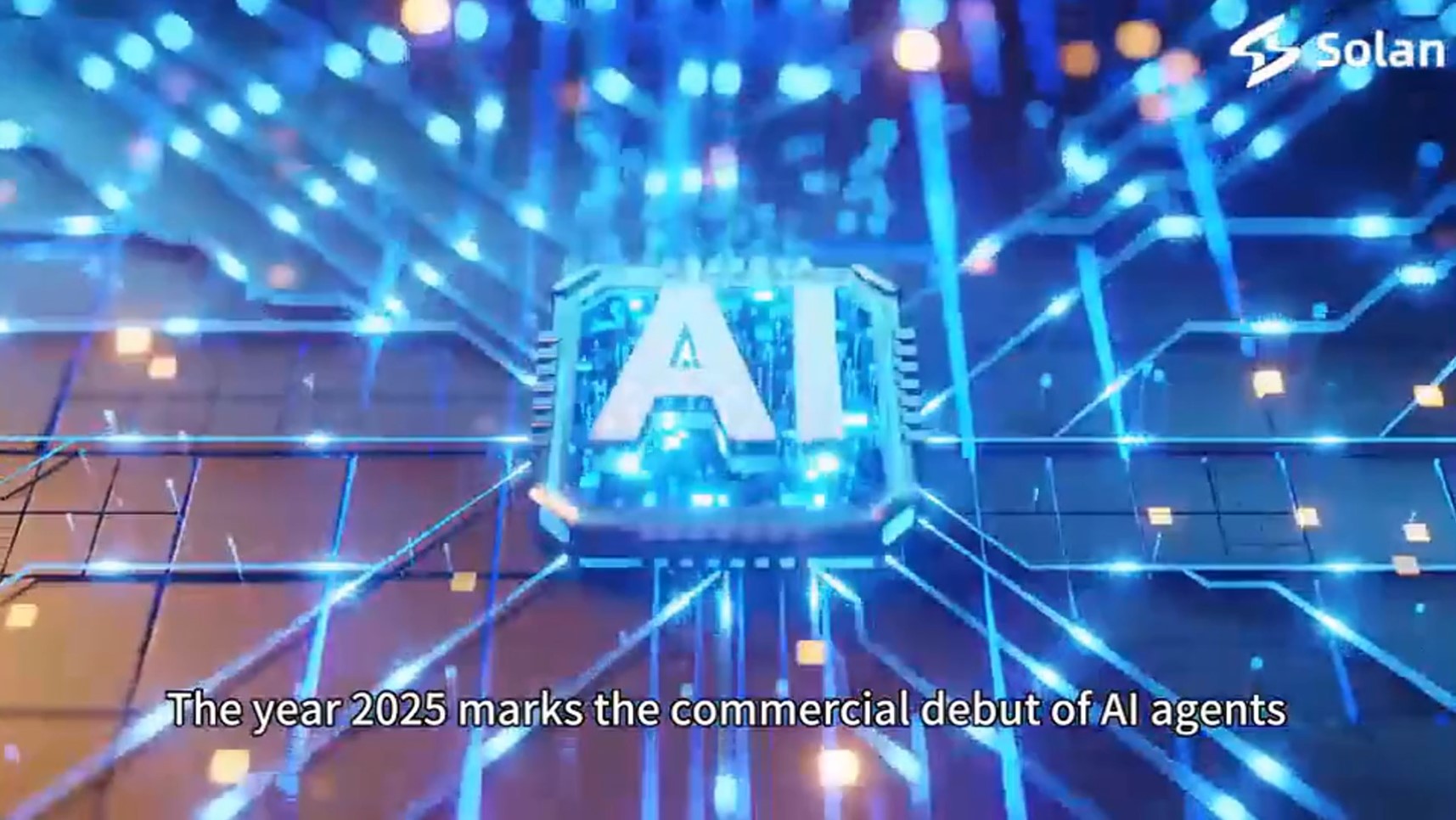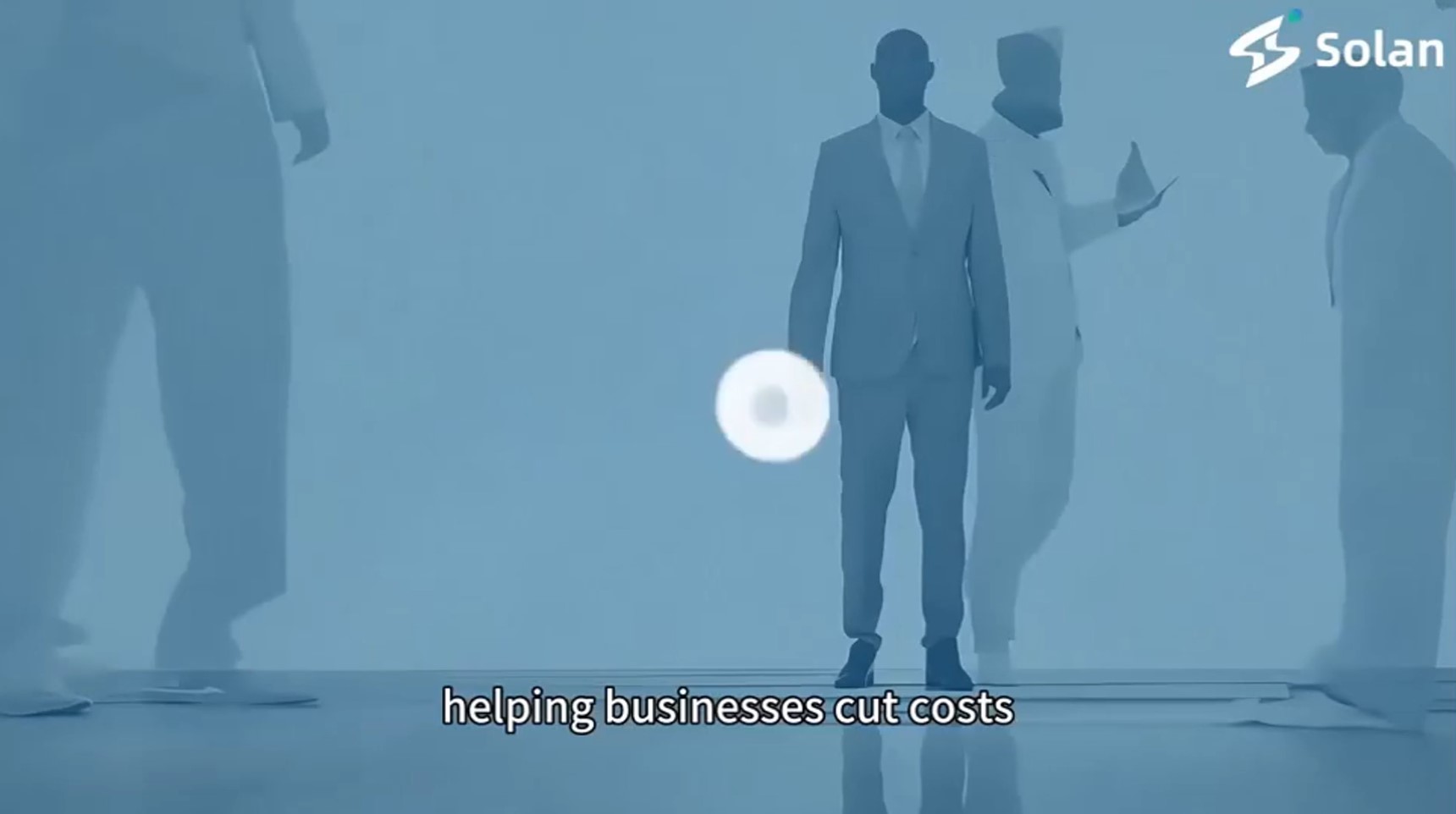The Celebrity Media Network’s AI Technology Department has translated the video recorded by journalists into the six official UN languages, sharing it with the international community.
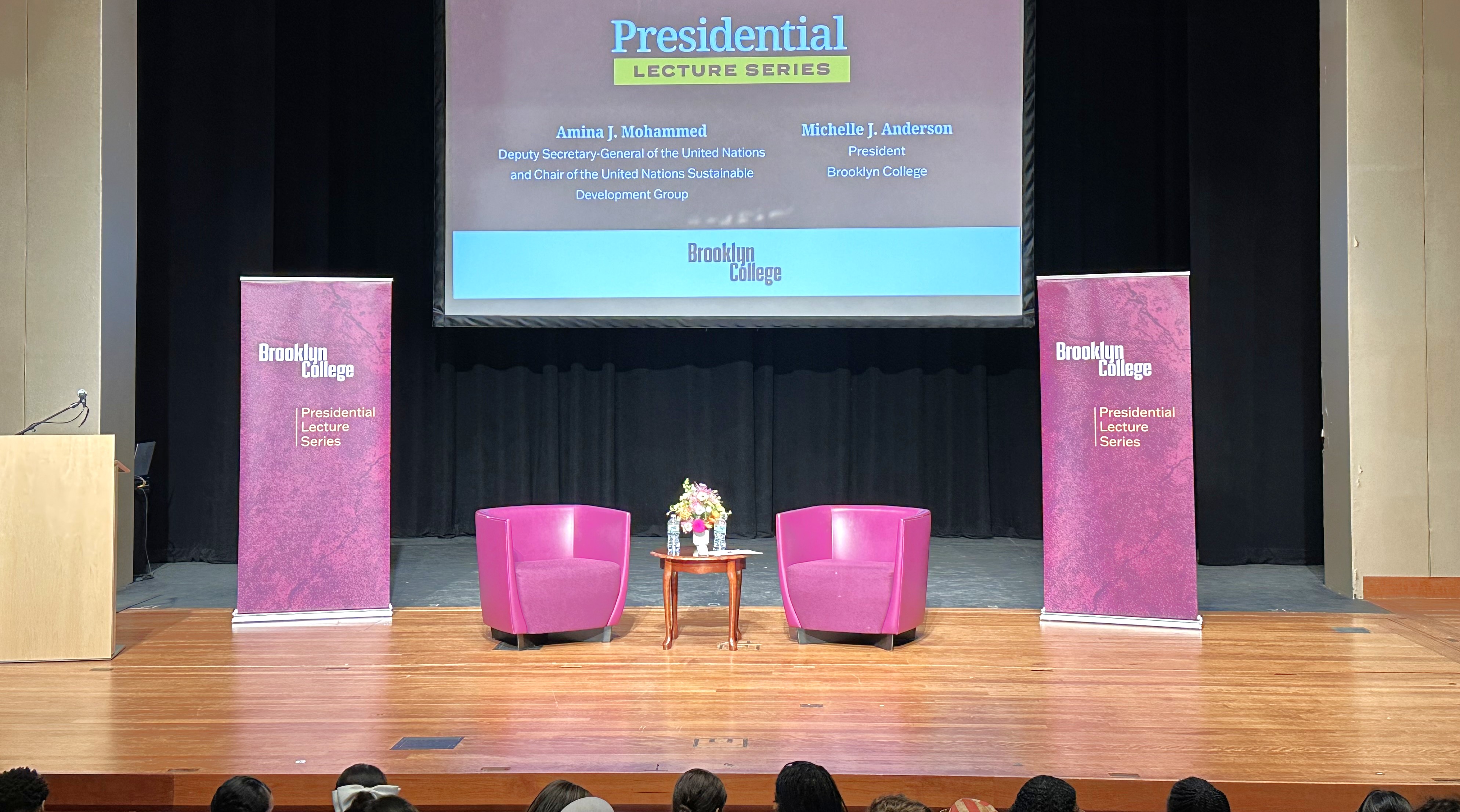
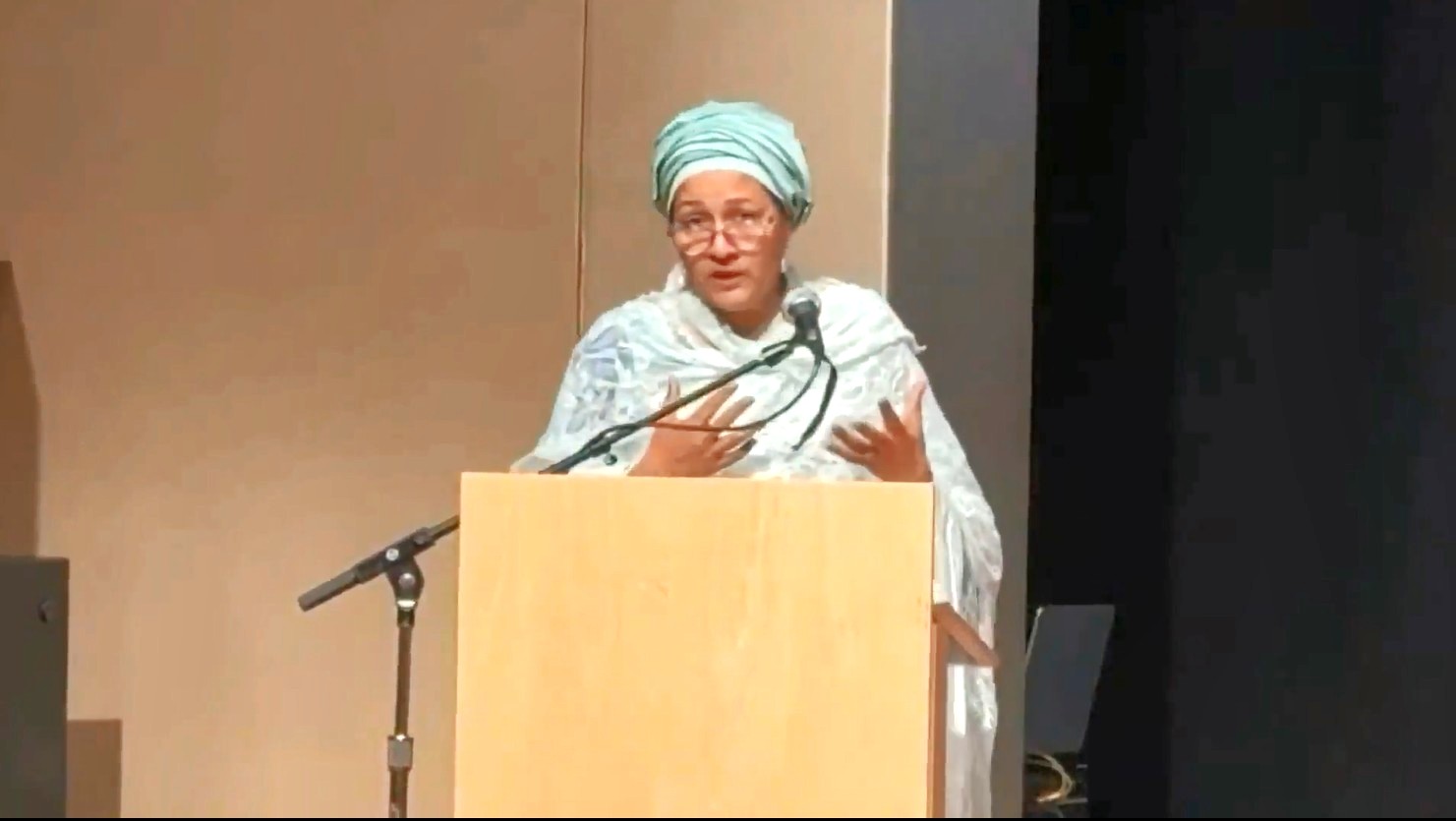
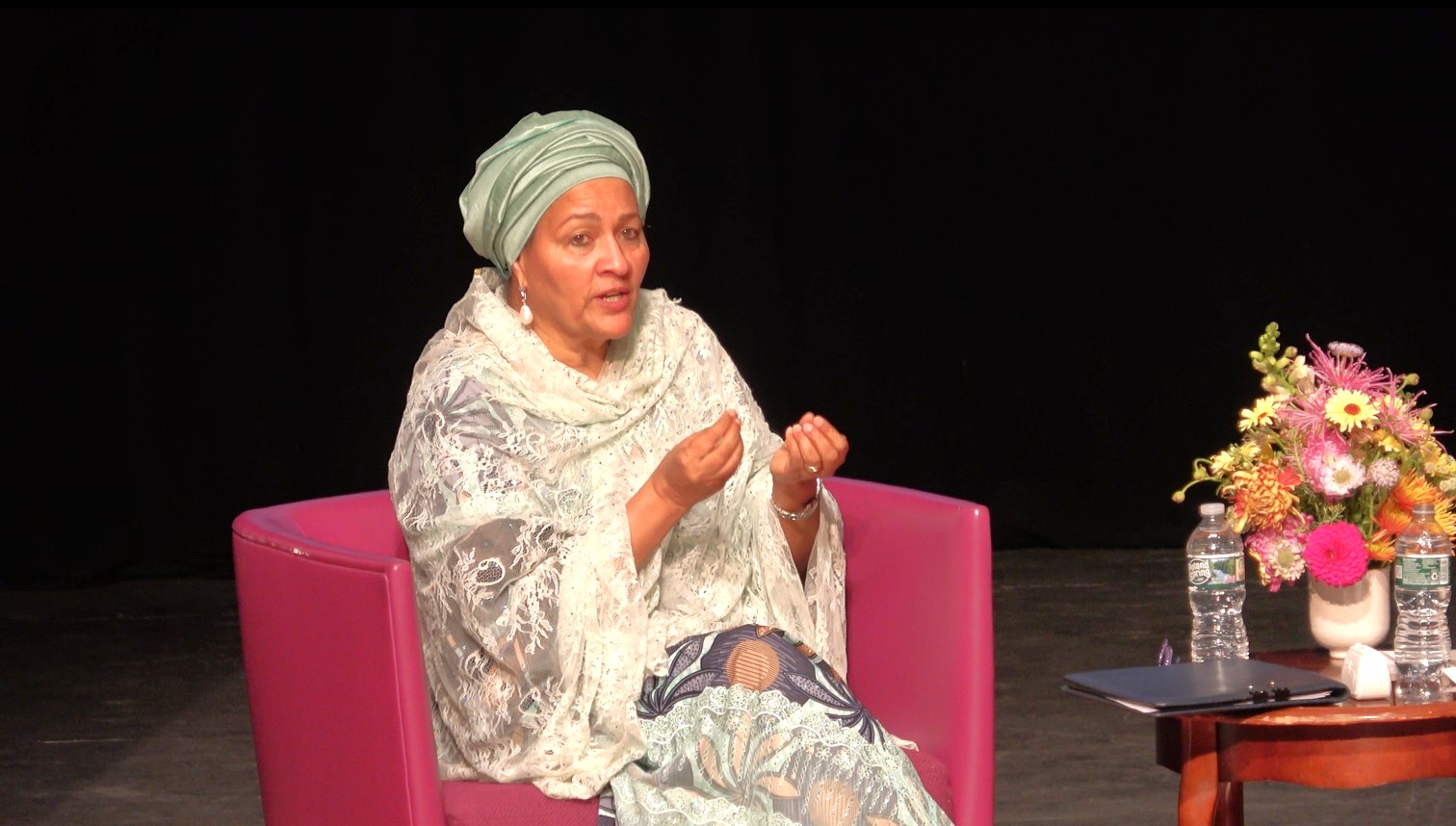
Thank you all very much. By the way, those nice things I just said weren’t mine.
Good evening, and thank you, President Anderson, for the kind introduction and invitation. It’s an honor to be here for this presidential lecture. It’s been an incredibly busy day, and I apologize for keeping you waiting. Coming out of the UN today, I encountered heavy traffic.
One of our main focuses today was the visit of the Prime Minister of Haiti. As a UN representative, I have been deeply concerned with how we can bring peace to Haiti. The Haitian people have endured calamity after calamity, yet they continue to persevere. That’s why today is such a valuable opportunity to discuss the role of the UN in today’s divided and challenging world.
Many people question the usefulness of the UN. Personally, I believe it is especially important to discuss this with young people, as you will inherit our world—and, yes, the mistakes my generation has made. Brooklyn College has always been a beacon, bringing together students and faculty from around the world, including many first-generation college students. You understand the importance of building bridges across cultures, transcending differences, and revealing the wealth that diversity brings to all of us.
If we truly live in a “global village,” then the United Nations is our global “town hall.” It’s a place where all voices are equal, even though power may not be evenly distributed. This is where nations come together to discuss, debate, and develop solutions to common problems, all guided by the principles of international law, human rights, and the UN Charter.
Founded amidst the destruction and division of World War II, the UN embodies a bold yet simple idea: the best way to prevent conflict and create a better future for all is by working together as a global family. Today, this spirit of global problem-solving is more crucial than ever.
Our “village” is now facing numerous challenges that no single country or group of people can solve alone. We see rising conflicts—from the Middle East, Gaza, and Lebanon, to Sudan, Ukraine, Myanmar, and more. These conflicts cause enormous human suffering, displacing millions, destroying homes and vital infrastructure, and diverting resources that could otherwise be directed toward tackling poverty, hunger, and other significant challenges.
Despite our efforts to advance the Sustainable Development Goals (SDGs), they are now at risk of failure. We set out with a vision for a better future by 2030, yet only less than a quarter of these goals are on track. Globally, there are still 600 million people without access to electricity and 2.6 billion who remain offline; women and girls continue to face discrimination.
In places like Iraq, legislation is even regressing, allowing children as young as nine to marry. This is a shocking failure. Rather than advancing the rights of women and girls, we are witnessing steps backward.
Divisions and distrust are further fueled by misinformation, often accelerated by technology, which offers potential but also real-world risks.
Climate change is perhaps the greatest crisis humanity faces. We are seeing record-breaking temperatures, rising sea levels, droughts, floods, melting glaciers, and other destructive impacts.
Today, we’re in a fossil-fuel-dependent nation—Baku—trying to bring the Paris Agreement back on track. Air pollution kills seven million people each year, and 19 to 23 tons of plastic waste flow into rivers, lakes, and oceans. Humanity has, in many ways, picked a fight with nature, and nature is now pushing back.
All these challenges impact every one of us, every country. The COVID-19 pandemic taught us the importance of global solutions for borderless problems. However, the systems and structures we established decades ago to manage the global economy, global security, global health, and global cooperation are now outdated, no longer suited to today’s needs.
Recognizing this, we recently held the UN Summit of the Future, aiming to rethink how we approach global cooperation. Over 130 countries joined the discussion as we considered how to address today’s challenges.
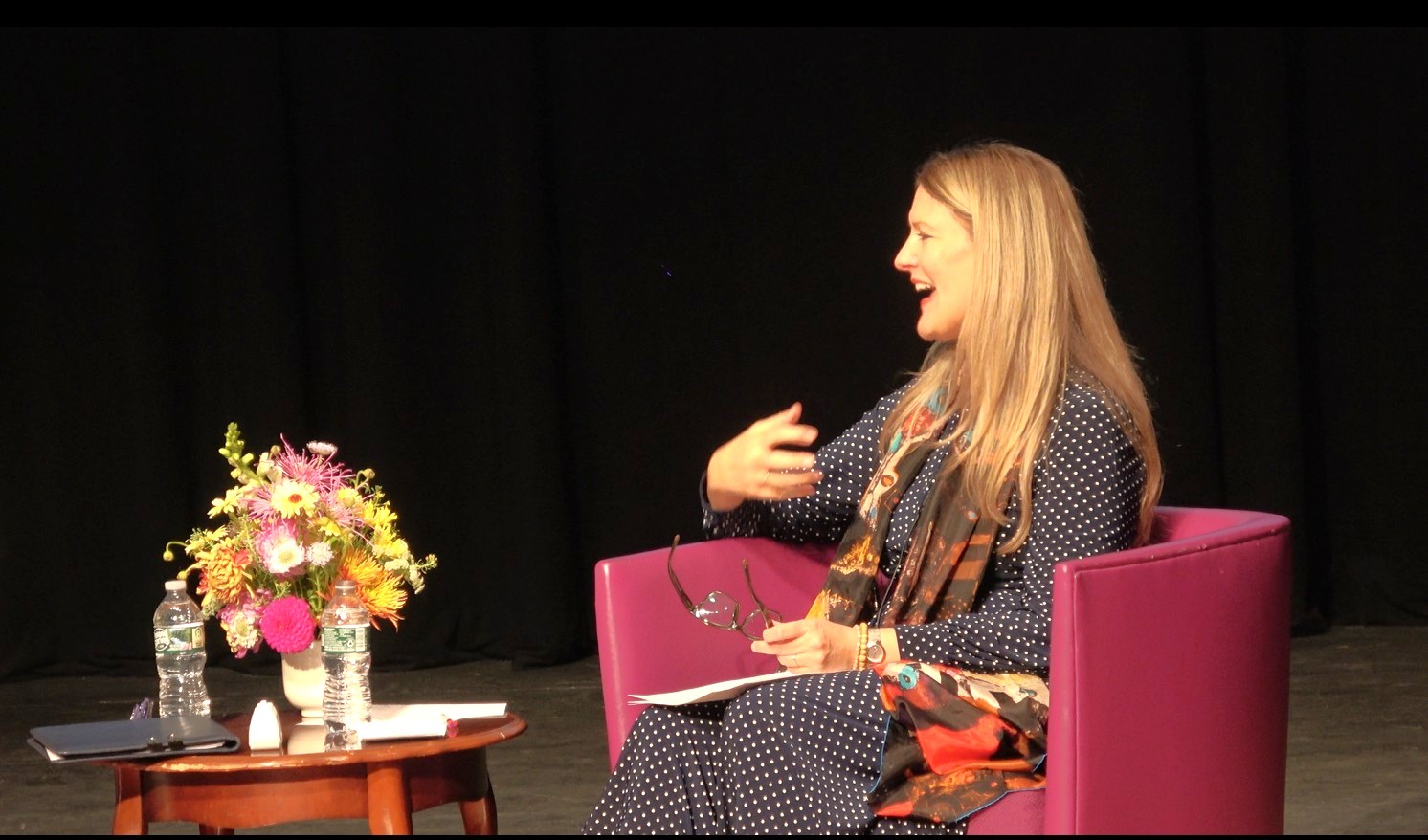
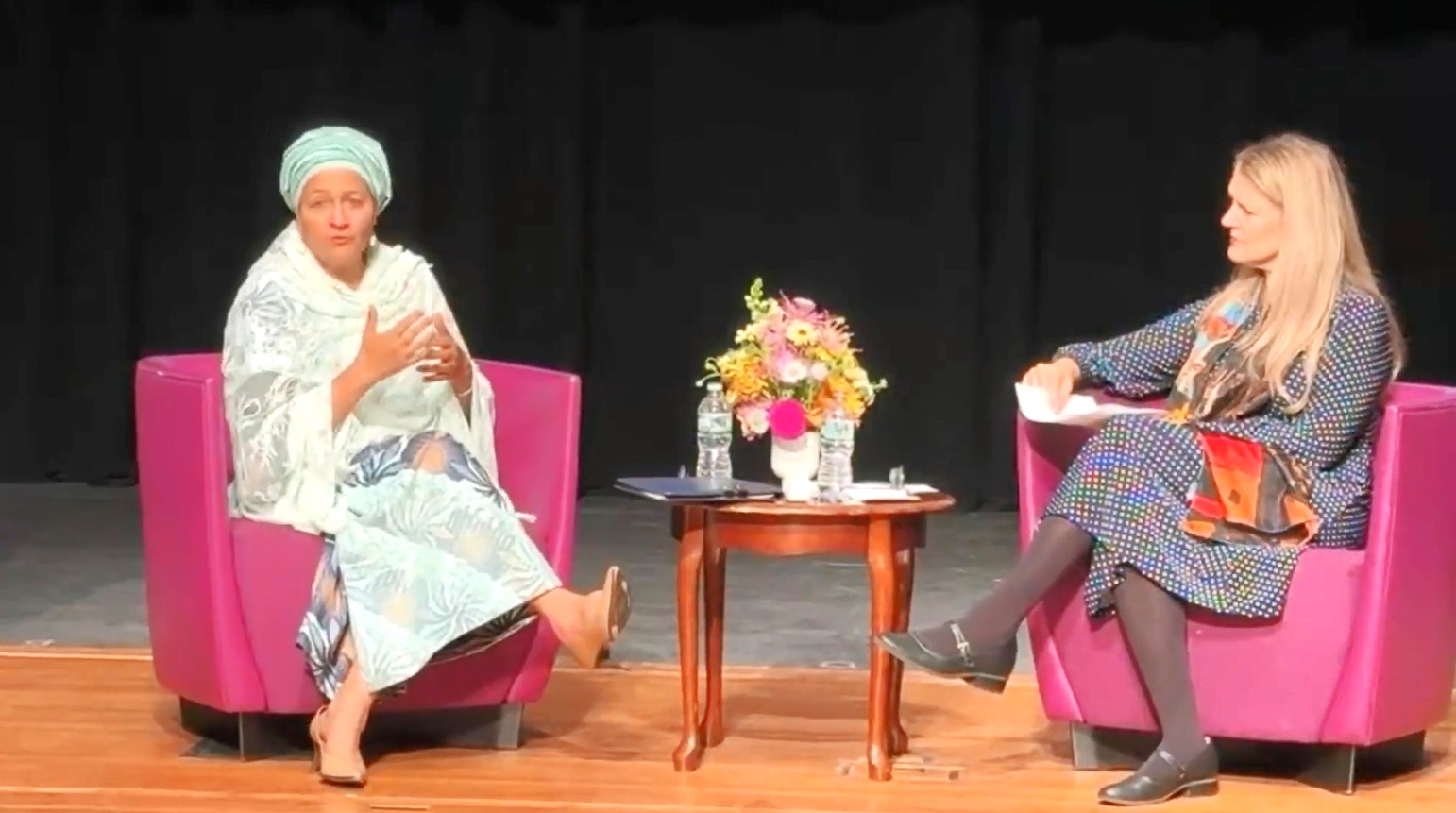
The resulting “Pact for the Future” focuses on four key areas:
1. Sustainable Development Goals (SDGs)**: Honoring our commitment to achieving the SDGs by 2030 and fulfilling the promises made to the people of the world.
2. Peace: Strengthening the architecture of global peace, including the first multilateral agreement on nuclear disarmament in over a decade, and exploring ways to expand the UN Security Council to better represent today’s world, especially increasing the representation of Africa, Asia-Pacific, Latin America, and the Caribbean.
3. Climate: Reaffirming the necessity of keeping global temperature rise below 1.5°C, facilitating a fair transition away from fossil fuels, and achieving net-zero emissions by 2050. Developed countries must fulfill their commitments to increase financial support for developing nations.
4. Technology: Ensuring that everyone benefits from advancements in technology, such as artificial intelligence and quantum computing, which hold both immense potential and significant risks.
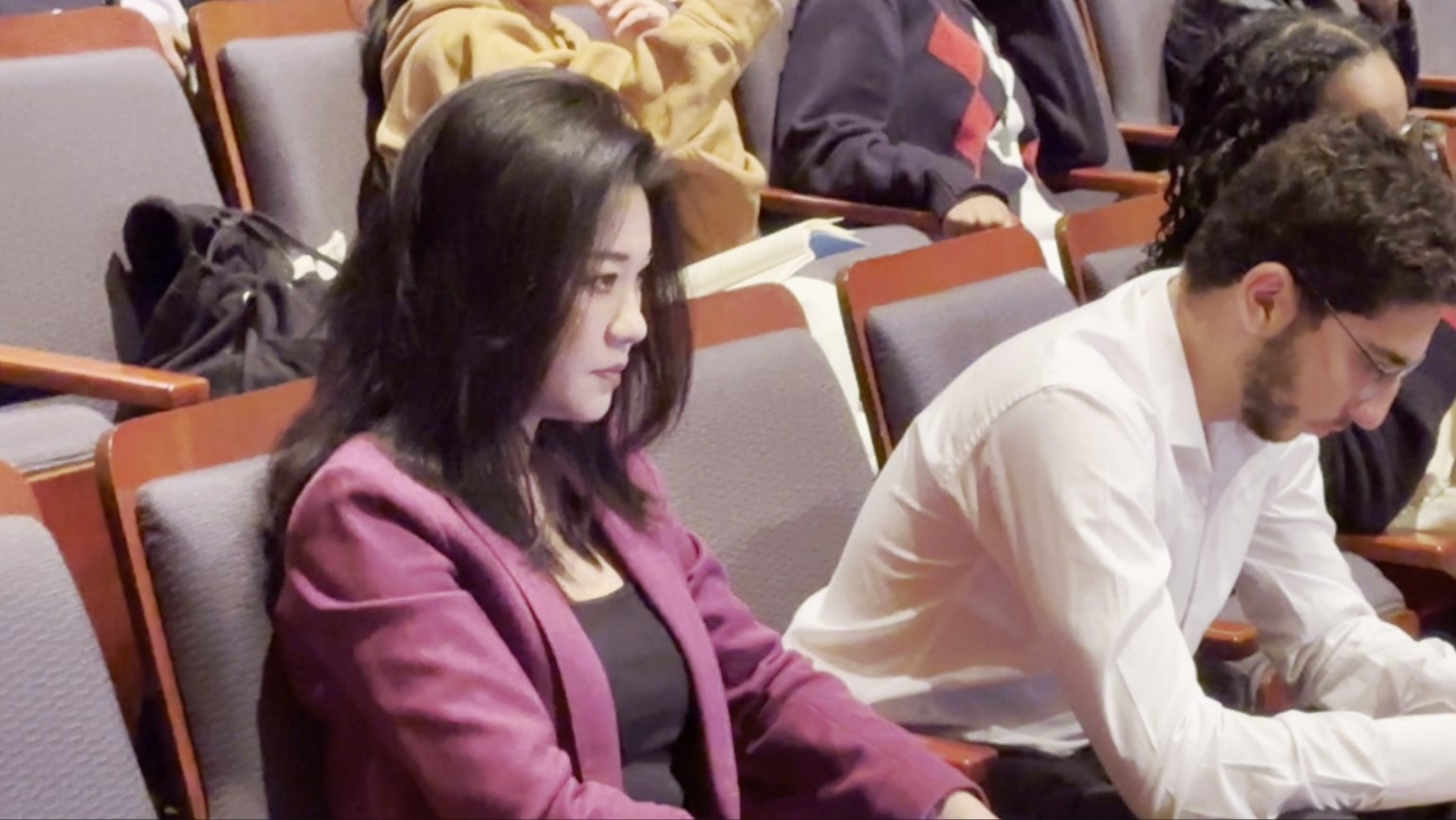
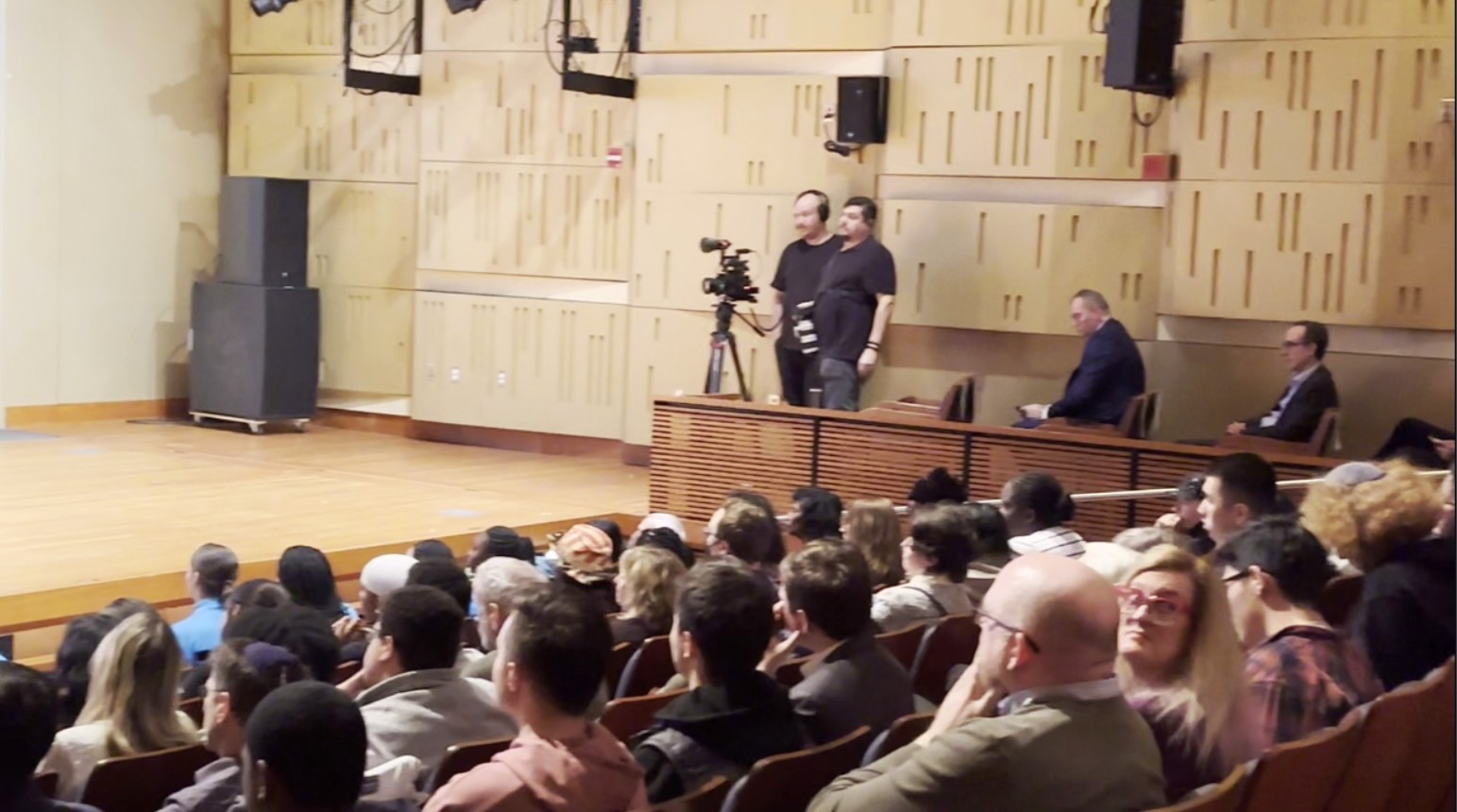
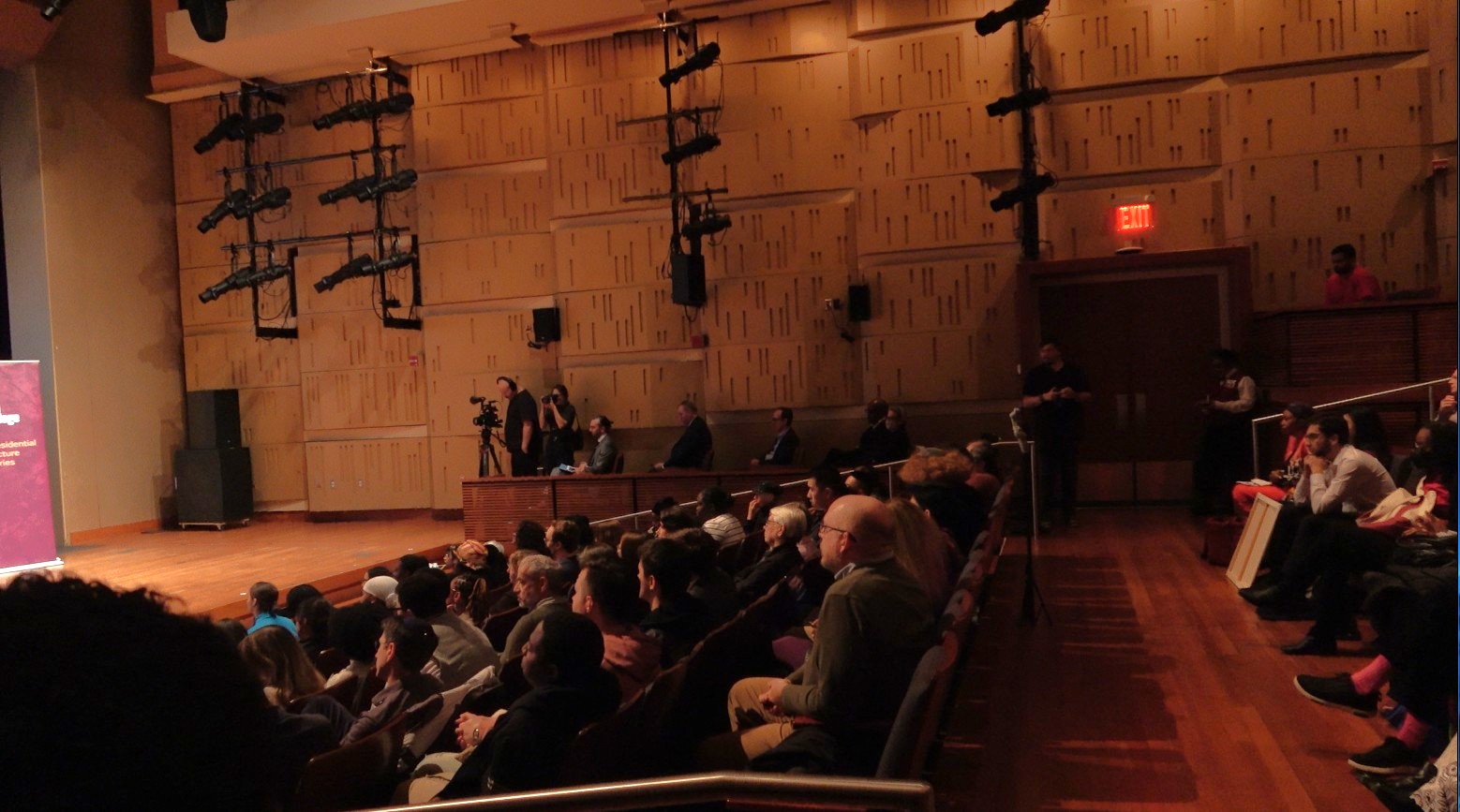
The Pact also emphasizes financial reform. Many developing countries are grappling with debt crises, forcing them to divert resources from crucial infrastructure and social services to repay old loans. To address this, the Pact calls for international financial reform, including expanding the lending capacity of multilateral development banks and giving developing countries more representation in decision-making.
Next year’s conferences on Financing for Development and Social Development will be pivotal in advancing these efforts. The Pact also seeks to engage future generations, encouraging young people to participate in shaping decisions that affect them, ensuring that future generations have a voice.
As your school’s motto reminds us: “Nothing without great effort.” By lending your ideas, hands, and hearts to these global challenges, and by looking beyond national borders, I am confident that each of you here can and will make a positive impact.
I look forward to our conversation today. My dedicated team prepared this excellent speech, but I believe we’ll gain even more from the questions and answers we’ll share. Every day, we navigate a challenging world, but the aspirations of the UN Charter remain high. They continue to unite humanity with a vision for a livable planet.
Our mission is to constantly narrow the gap between today’s reality and our ideals. Though the path is difficult and our success is not always guaranteed, it is through this global family and our shared “town hall” that we can support those most in need. There are many questions as we strive to understand what is happening in this world—where leadership sometimes seems absent, power misplaced, and challenges abound. Yet, with the voices and ideas of each of you, we can work together toward a brighter future.
Thank you all, and I look forward to a meaningful dialogue with you.”
